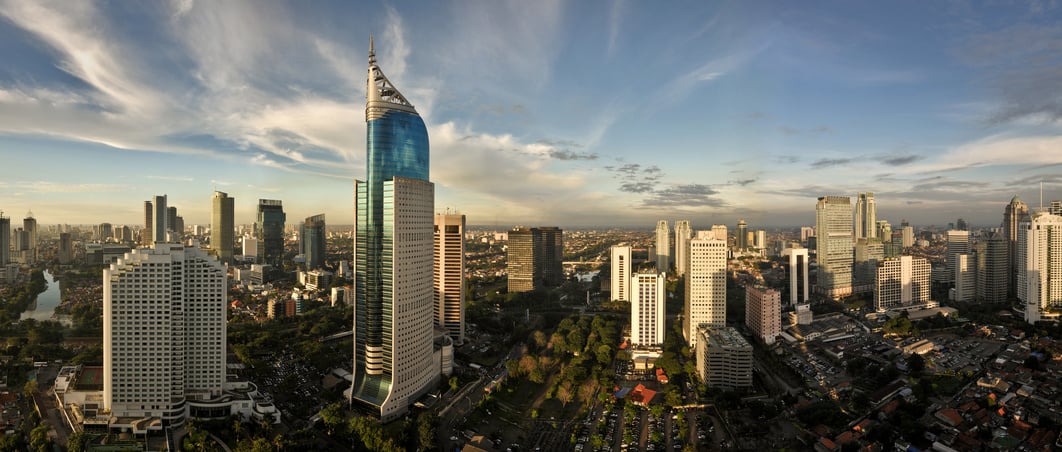Key changes
Under the 2018 post-border import supervision policy, importers must provide a self-declaration statement letter, which mentions that they comply with the relevant import provisions and contains the Import Declaration (‘PIB‘) number. With the issuance of MOT Regulation 51, a self-declaration statement letter will no longer be required. Instead, importers must ensure that their PIB includes (i) the number and date of the surveyor report, (ii) the number and date of the import approval (persetujuan impor), and (iii) the quantity/volume of imported goods as set out under the importers’ import approval (collectively referred to as ‘PIB Data’).
Although a self-declaration statement letter is no longer required, substantially, the types of data (i.e., number and date of the import approval and surveyor report) that must be submitted by importers are the same types of data as previously required under the 2018 post-border import supervision policy. The difference would be the procedure. Under MOT Regulation 51, the PIB Data must now be submitted under the PIB rather than through a self-declaration letter. The PIB Data will be used as a benchmark for the MOT to determine the importers’ compliance. Therefore, although a self-declaration letter is no longer required, MOT Regulation 51 does not give importers room for noncompliance.
Moreover, it should be noted that the overall post-border policy still applies – after the goods exit the customs territory or pass the border, the relevant ministry or institution will carry out the import supervision of prohibited goods and/or restricted goods.
Ensuring compliance – inspection and supervision
MOT Regulation 51 stipulates technicalities regarding the MOT’s authority to inspect and supervise the importation of certain goods in the post-border zone, including:
- PIB conformity inspection: inspect whether the PIB Data is in accordance with the importers’ import license data provided in INATRADE.
- Special inspection: the obligation to undergo this second inspection will arise if one or more of the following conditions were met:
- The result of the PIB conformity inspection shows that the importer allegedly (i) does not have an import approval, (ii) does not have a surveyor report, and/or (iii) imported goods that exceeded the amount or volume set out under the import approval.
- Information obtained from the public and/or relevant government institutions triggers the need for a special inspection.
- The importer is classified or categorized as an importer with a certain risk classification.
- Supervision: the MOT will proceed to the supervision stage if it finds that the importer has evidently (i) failed to fulfill its obligation to obtain an import approval, (ii) failed to fulfil its obligation to obtain a surveyor report, and/or (iii) imported goods that exceed the amount or volume set out under the import approval.
The supervision stage will determine the sanctions that may be imposed against the non-complying importer.
Sanctions
Another development in the post-border policy is the clearer provision on the enforcement of sanctions. The 2018 post-border import supervision policy does not specifically mention what is considered as a violation of the post-border import trading supervision requirements/permits. However, MOT Regulation 51 specifically stipulates the benchmarks for the violations as well as the sanctions that may be imposed by the MOT.
| Violations |
Sanctions |
| The importer fails to include or wrongfully included the PIB Data. |
- issuance of written warnings
- issuance of a recommendation to the Online Single Submission (‘OSS‘) Agency to suspend the Import Identification Number (Angka Pengenal Impor/’API’) of the importer
|
| The importer includes invalid PIB Data because the importer does not have the underlying import documentation. |
- issuance of a recommendation to the OSS Agency (i.e., BKPM) to revoke the API of the importer
- moreover, the imported goods may be withdrawn from the market and/or destroyed by the importer within 30 days after that is ordered by the MOT.
|
Impact on importers
Importers must now pay more attention to their level of compliance particularly as importers now need to insert PIB Data in the PIB, which is very technical in practice.
A more comprehensive provision on sanctions would lead to stricter enforcement on noncompliance. Some of the sanctions would heavily disrupt the importers’ businesses. For example, if an importer’s API was revoked, it would have to wait three years before it could submit an application to reissue its API. Thus, it can be seen that under the new regime, the post-border supervision is stricter than before.
Further, we would need to see how the implementation goes, as in practice sometimes there is still miscommunication, different policy or poor coordination between customs and the relevant authorities such as the MOT and BKPM.
________________________________________
[1] MOT Regulation No. 28 of 2018 as amended by Regulation No. 74 of 2018



